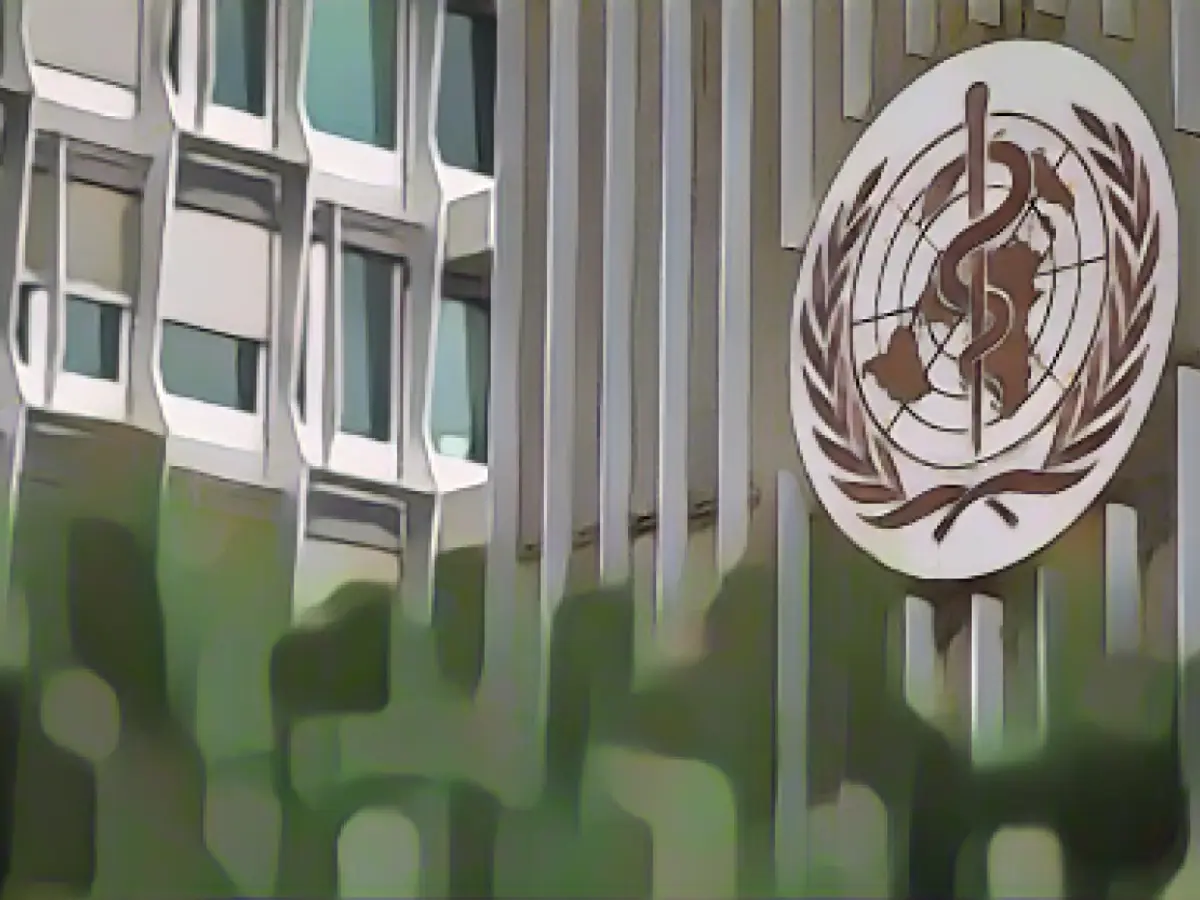Argentina's Health Ministry and local authorities are investigating a cluster of pneumonia cases, including three fatalities, reported in Tucumán.
The World Health Organization (WHO) and the Pan American Health Organization are providing support to the local health authorities to understand the cause behind these cases.
Early reports suggested eight health workers and a patient were affected by these pneumonia cases, connected to a private clinic in Tucumán. However, further information from health authorities in Tucumán on Friday revealed that the 10th case involved an 81-year-old patient with underlying health issues, who is currently in critical condition in the hospital and on a ventilator.
Three of the patients have sadly died, three others are currently hospitalized, and one is in home isolation in a stable condition. All tested samples for Covid-19, influenza, and Hantaviruses have come back negative, and further tests are underway.
Tucumán is the capital of an agricultural province in northwest Argentina.
According to the Argentine Ministry of Health, some medical staff and the 9th patient reported symptoms between August 18 and 22.
The WHO and Pan American Health Organization have been tracking these reports and supporting the Argentine health authorities in their investigation.
The health authorities are currently investigating the origin of the outbreak and considering all possible theories, including viral and other factors. The Argentine Ministry of Health and local health authorities are collaborating to combat the outbreak and are implementing control measures in relevant medical clinics.
There have been no reported links between the outbreak and the private clinic, as investigations have primarily focused on identifying the cause of the pneumonia and its origin.
While the investigation continues, public health experts advise waiting for the findings before making assumptions about the nature of the disease. Jake Dunning, a leading researcher in emerging and severe infectious diseases at the University of Oxford's Institute of Epidemiology and Public Health, emphasized this point in a statement from the British Science Media Centre.
Argentina is acclaimed for its experience in addressing and managing outbreaks of severe acute respiratory diseases, especially those caused by viral infections like pandemics such as H1N1 influenza and COVID-19. The Argentine health authorities expect that the cluster will remain relatively small and hope to swiftly identify the underlying cause.
Dr. Lance Tettle, an infectious diseases expert at the University of Liverpool, agreed with this viewpoint, stating, "We shouldn't be overly concerned at this stage."
Given the variability of clinical symptoms and the complexity of pinpointing the causative organism in lung infections, Dr. Tettle also noted that unclear lung infection cases are relatively common and may not always be reported.
References:
- [1] Buenos Aires Herald:








